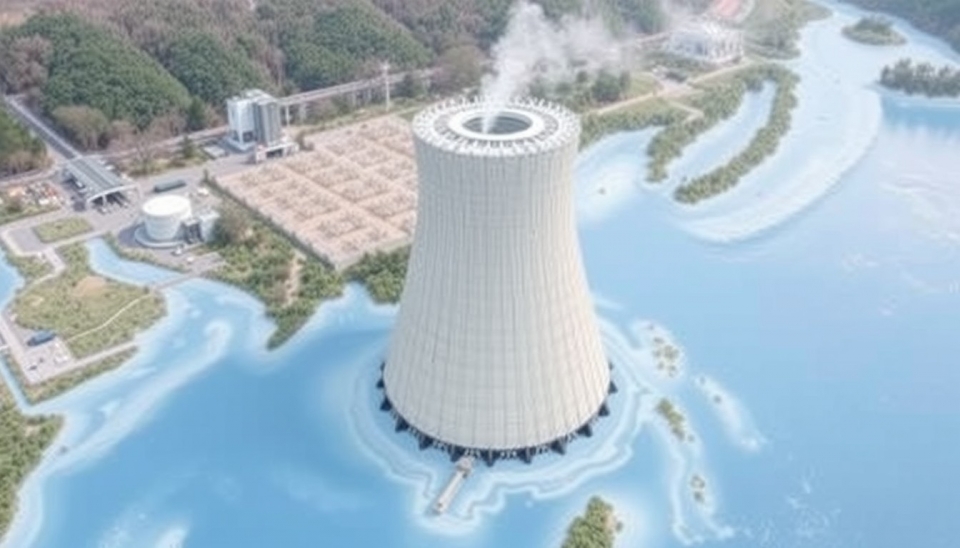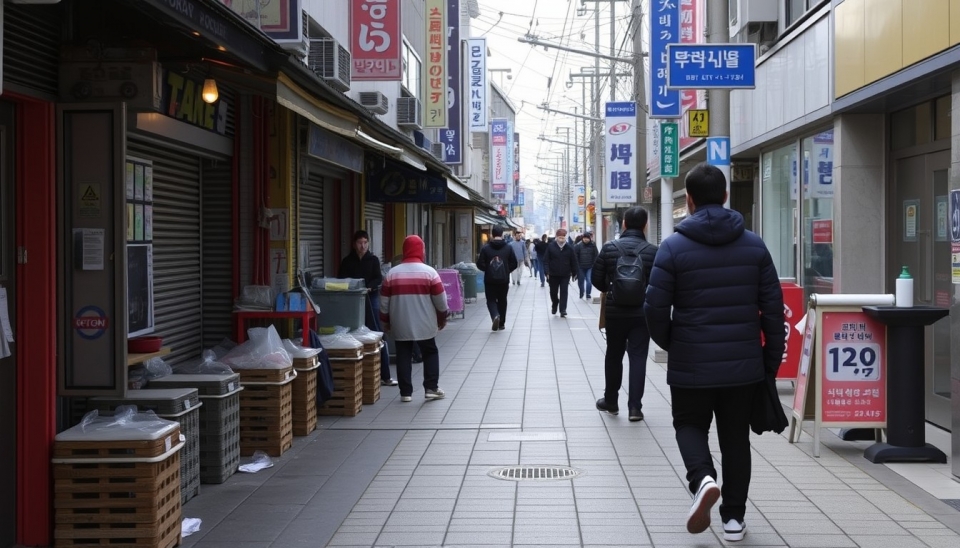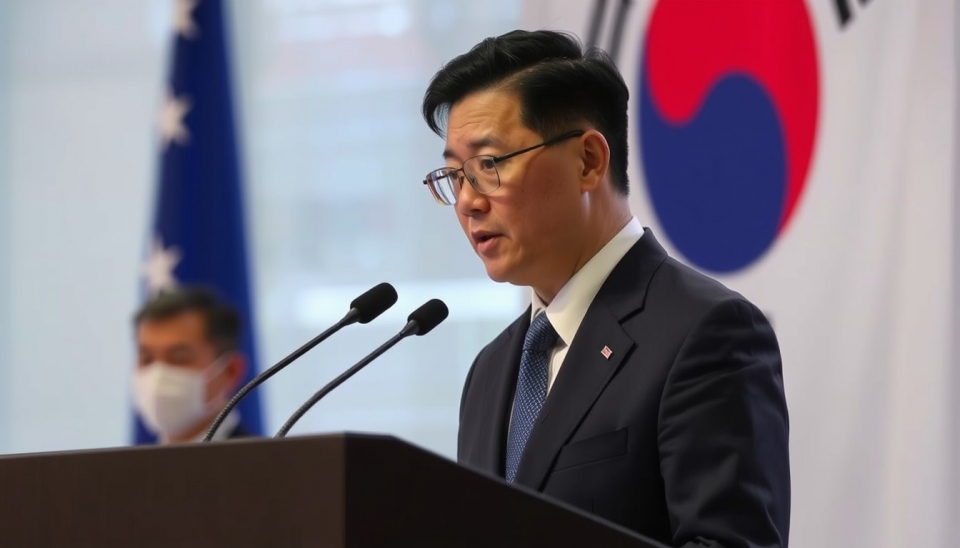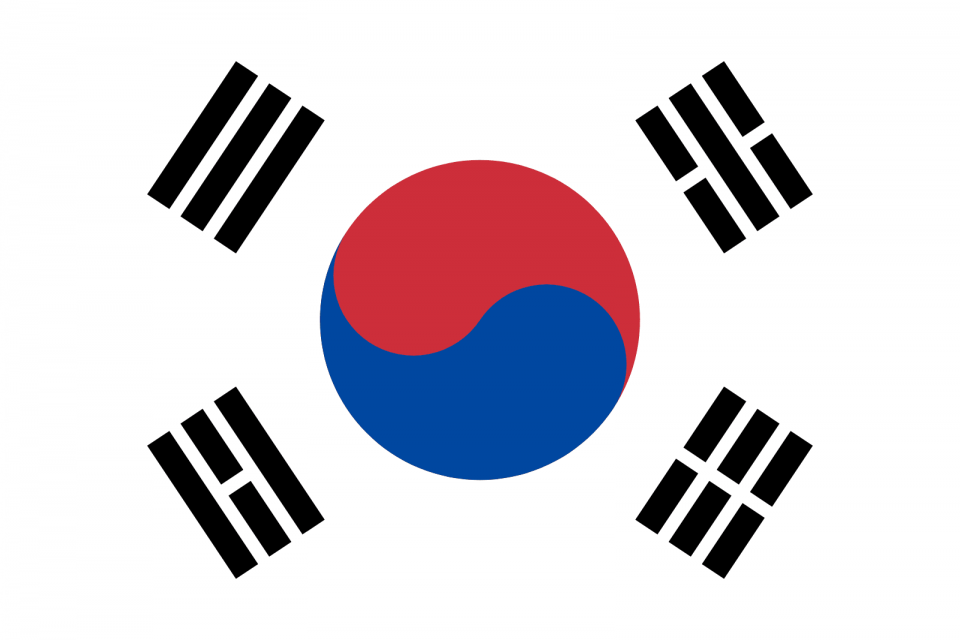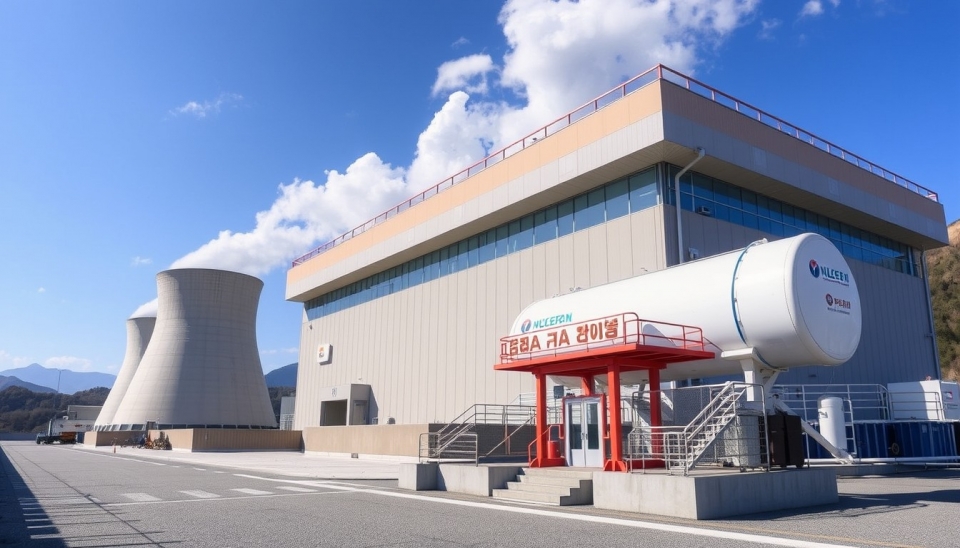South Korea Tightens Emissions Trading Rules to Boost Prices

The South Korean government plans to implement stricter emissions trading rules with the aim of stabilizing and increasing the prices of carbon credits in the country. The new measures were outlined in a recent statement by the Ministry of Environment, emphasizing the need to create a more transparent and effective system to enhance incentives for businesses to reduce greenhouse gas emissions.
Under the new rules, South Korea will gradually raise the level of mandatory emission reductions across various sectors of the economy. This means companies will be required to cut down on the amount of carbon emissions they produce, which in turn will make carbon credits more valuable in the market. Previously, carbon credit prices in the country had dropped significantly, raising concerns among environmentalists and human rights advocates.
Experts believe that the new initiative will help create a more reliable emissions system and ultimately lead to improvements in the country's environmental situation. A key aspect of the new rules is that they will take into account the efforts of companies to implement emission reduction technologies and will provide the necessary support for them to adapt to the new conditions.
The South Korean government also plans to enhance monitoring of compliance with new rules by companies to ensure that emission reduction targets are genuinely met. This includes regular checks and stricter sanctions for those who fail to meet established requirements.
These measures are part of a broader South Korean strategy to combat climate change and fulfill its commitments under the Paris Agreement. Authorities aim for a significant reduction in carbon emissions by 2030, and the new rules are intended to be one of the key tools to achieve this goal.
Despite some entrepreneurs' critical stance toward the new initiatives, the government insists that sustainable development and environmental protection must be a priority for all sectors of the economy. The introduction of new rules is expected to positively impact business and enhance the competitiveness of the Korean economy in the international arena.
Simultaneously, with the introduction of the new rules, South Korea plans to invest in new technologies and initiatives aimed at reducing its carbon footprint and attracting foreign investments in the clean technology sector.
